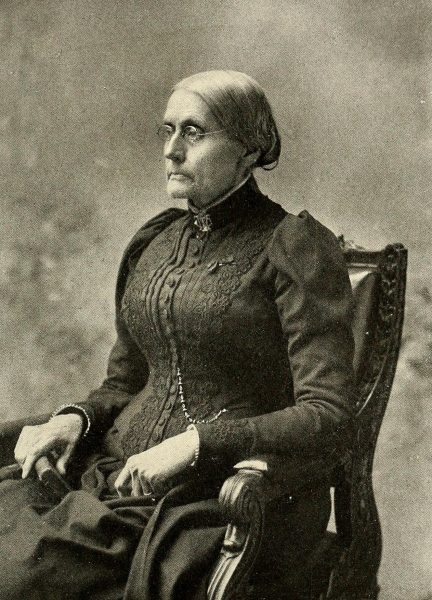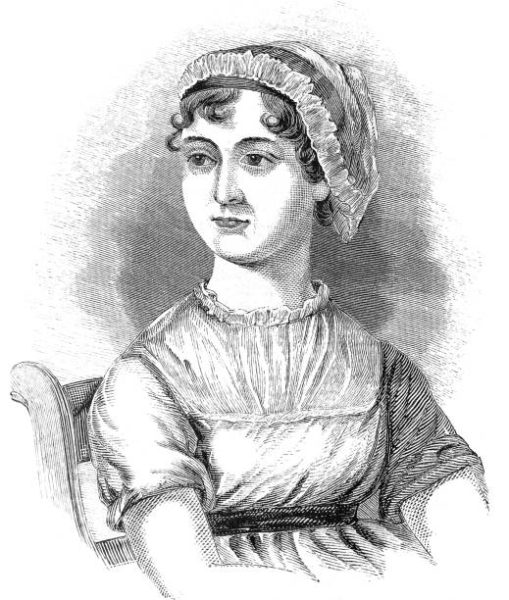Every year, there comes a day in March when the fierce winds die down and the snow gradually melts away. This is not the only harbinger of spring, however. March is also a time for the Grier School to celebrate Women’s History Month. The roots of the international celebration date back to Women’s History Week, first celebrated in 1978 in Sonoma County, California. By chance, the week coincided with International Women’s Day, which is celebrated on March 8. Because of this coincidence involving the recognition of women’s contributions to society, March was selected to officially become Women’s History Month. We wanted to highlight two women who made an impact on history and helped shape a more progressive world for women.
Susan B. Anthony

Susan B. Anthony (1820-1906) was a pivotal figure in the Women’s Rights Movement in the United States. She is best known for her tireless advocacy for women’s suffrage, or right to vote. Born on February 15, 1820, in Adams, Massachusetts, Anthony was deeply influenced by her Quaker upbringing, which emphasized peaceful equality and social justice. Anthony was a prominent leader in the fight for women’s political franchise. She was a co-founder of the National Woman Suffrage Association (NWSA) in 1869, alongside Elizabeth Cady Stanton. The NWSA campaigned for a constitutional amendment granting women the right to vote. One of the most well-known events in her life was her arrest in 1872 for voting illegally in a presidential election. She was fined $100, but she refused to pay the fine, using it as an opportunity to draw attention to the suffragist cause. This act of defiance became a significant and iconic moment in the Women’s Rights Movement.
Jane Austen

Another influential woman was Jane Austen (1775–1817), an English novelist whose works have had a lasting influence on literature, particularly in the genres of romantic fiction and social commentary. Her keen observations of 18th and 19th-century English society, along with her skillful portrayals of complex characters and relationships, have earned her a place as one of the most beloved and respected writers in the English literary canon. Austen’s female characters often broke the mold of gender expectations, pushed for more agency, and stood against the unequal power distribution between men and women. Pride and Prejudice (1813), perhaps her most famous novel, tells the story of the witty Elizabeth Bennet and the proud and wealthy Mr. Darcy. The book is a brilliant exploration of love, class, and personal growth. In fact, it is often regarded as one of the finest novels in English literature. Austen’s work has become a cornerstone of English literature. Her keen insights into human relationships, her deft handling of satire, and her vivid characters have earned her a place as one of the greatest novelists of all time. She also serves as a role model for generations of women.
Throughout Women’s History Month, our Grier girls joined many people around the world to commemorate the crucial achievements of women that paved the way for girls today. Rather than merely considering these women as a bygone part of history, we should recognize their effects on today’s world as the warm but powerful spring winds blow through our small community.







